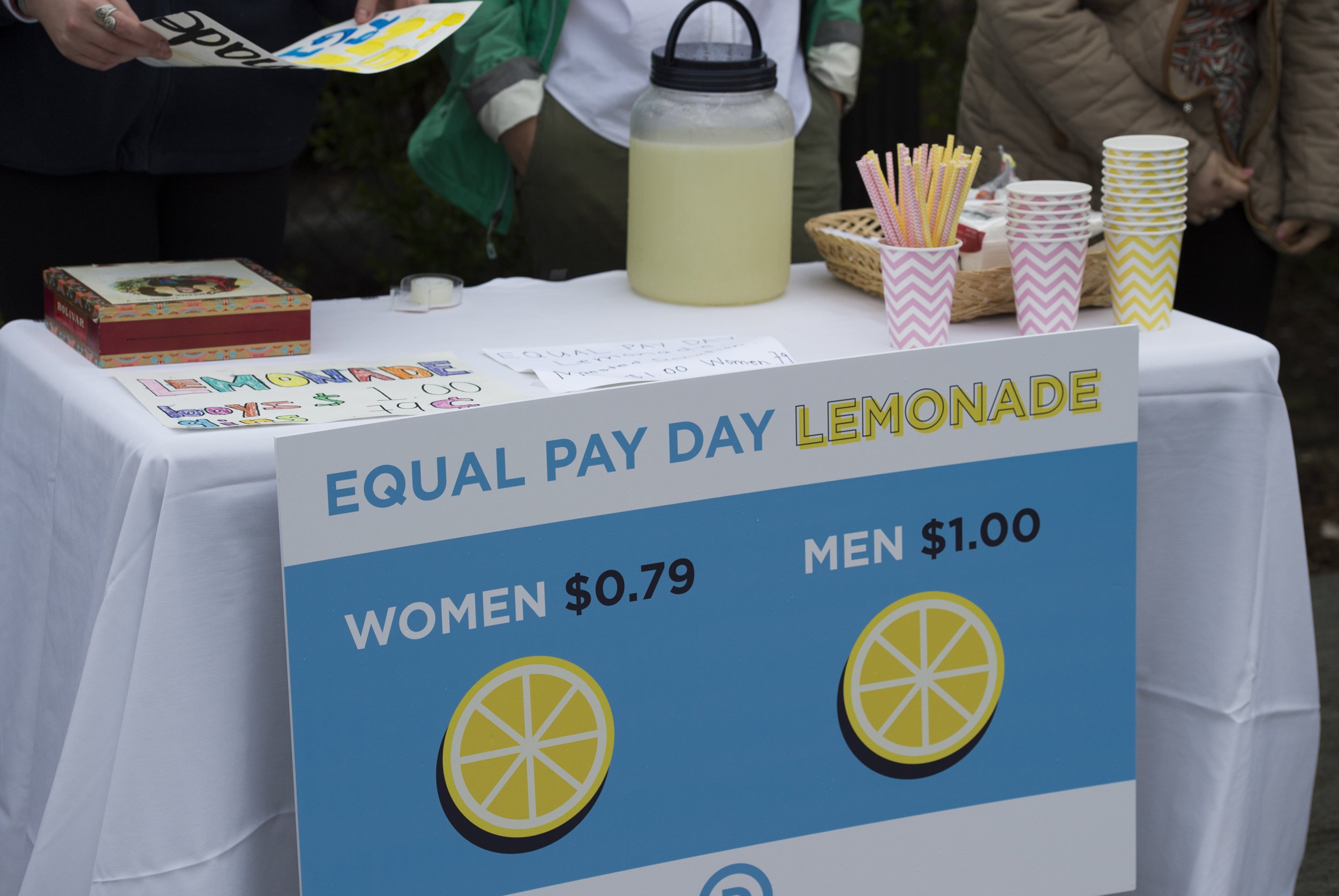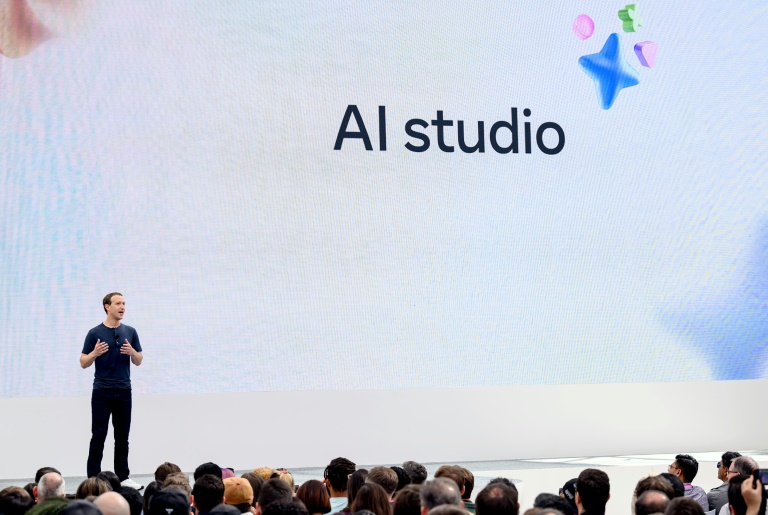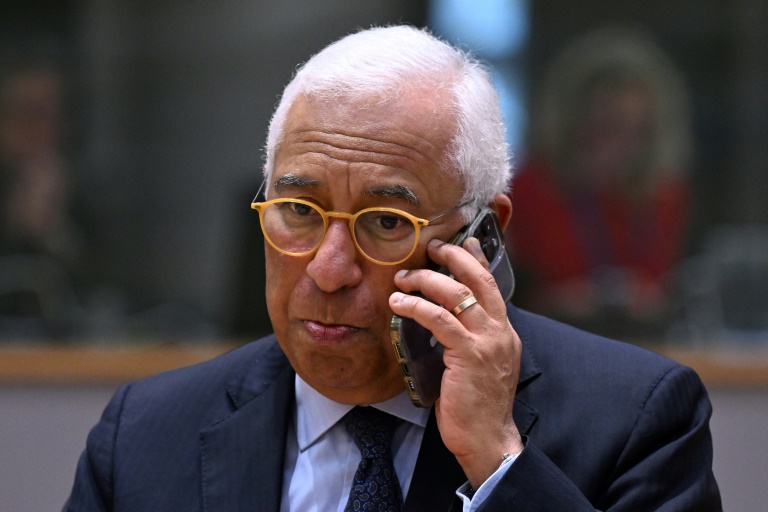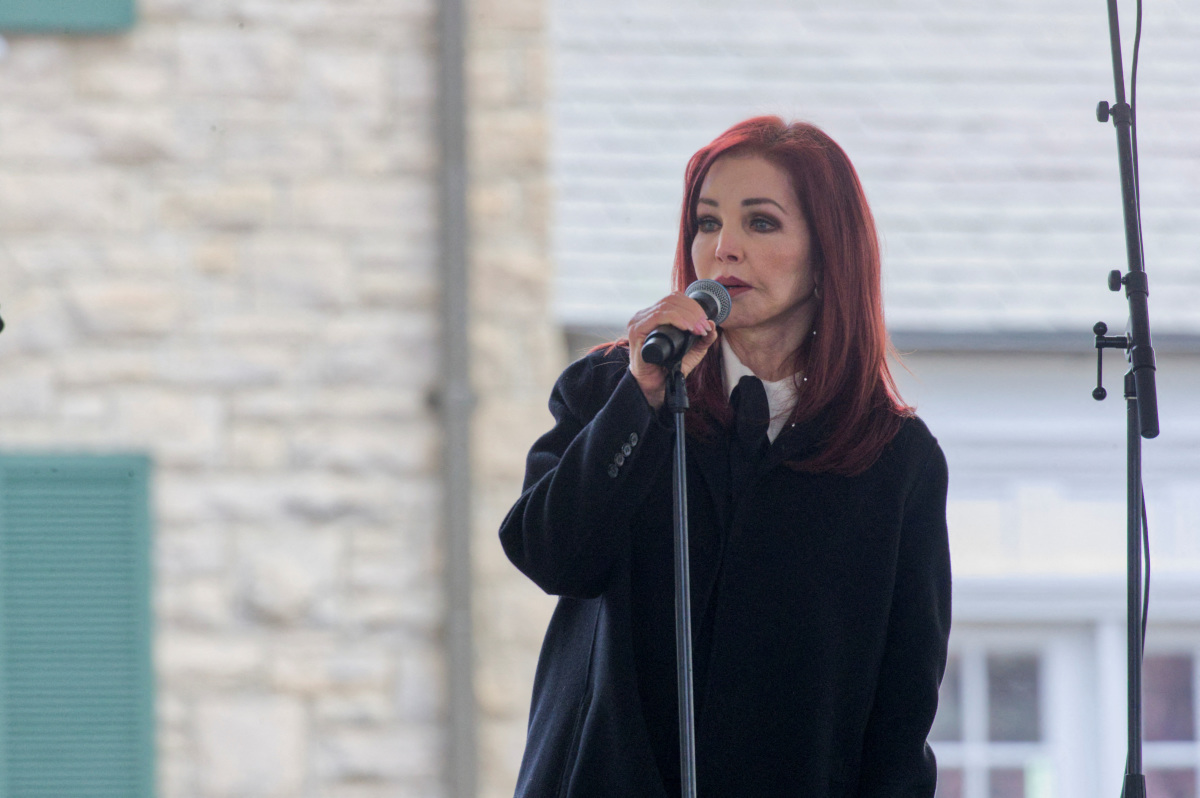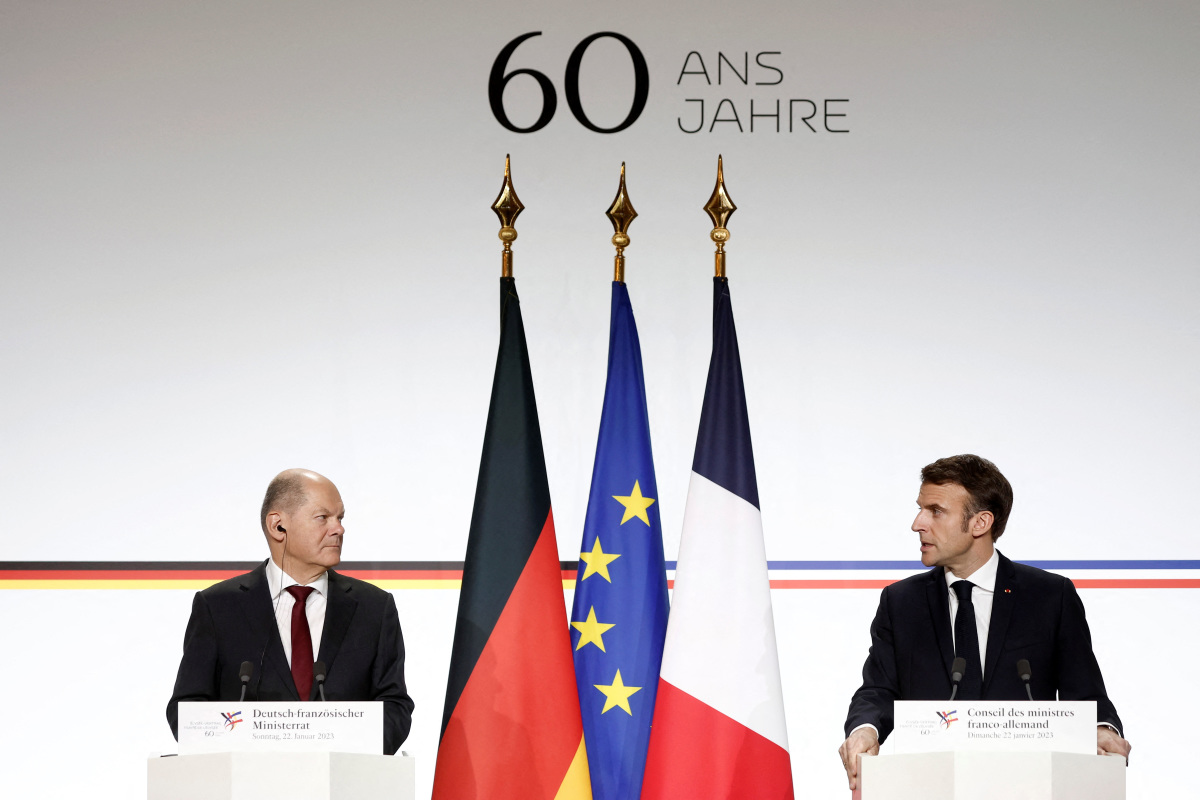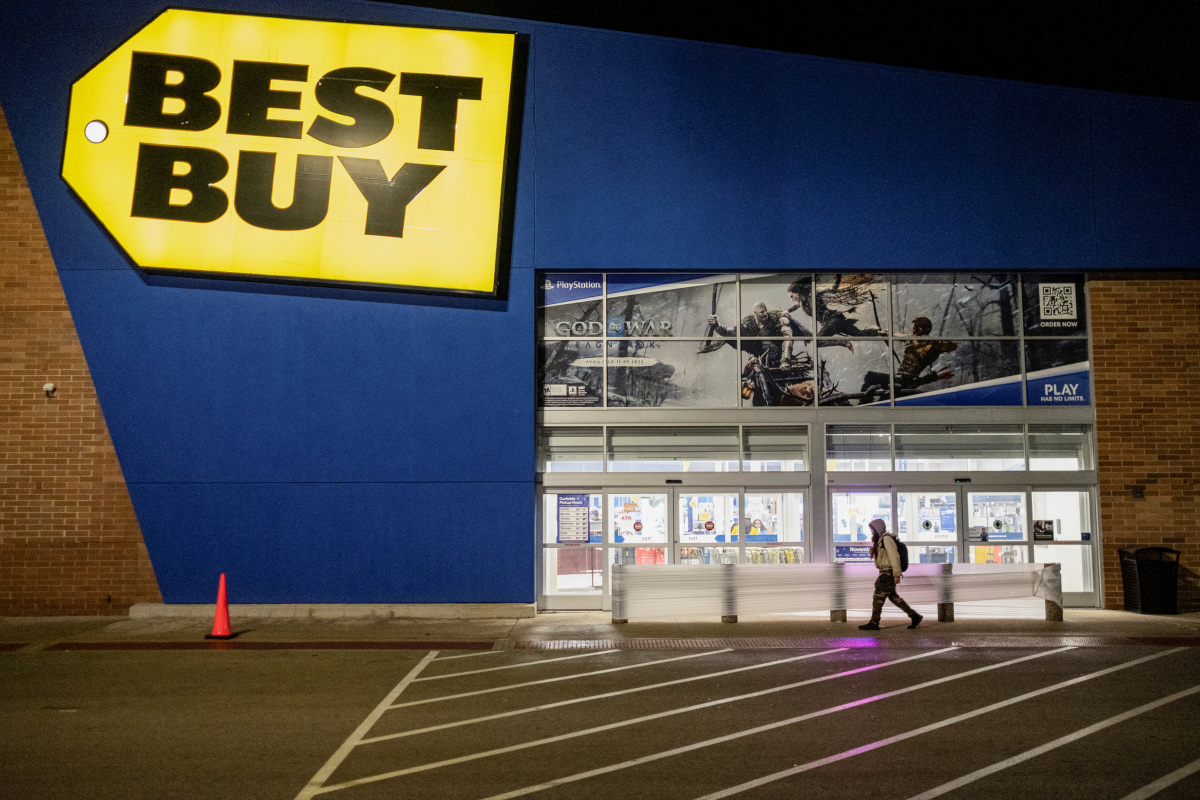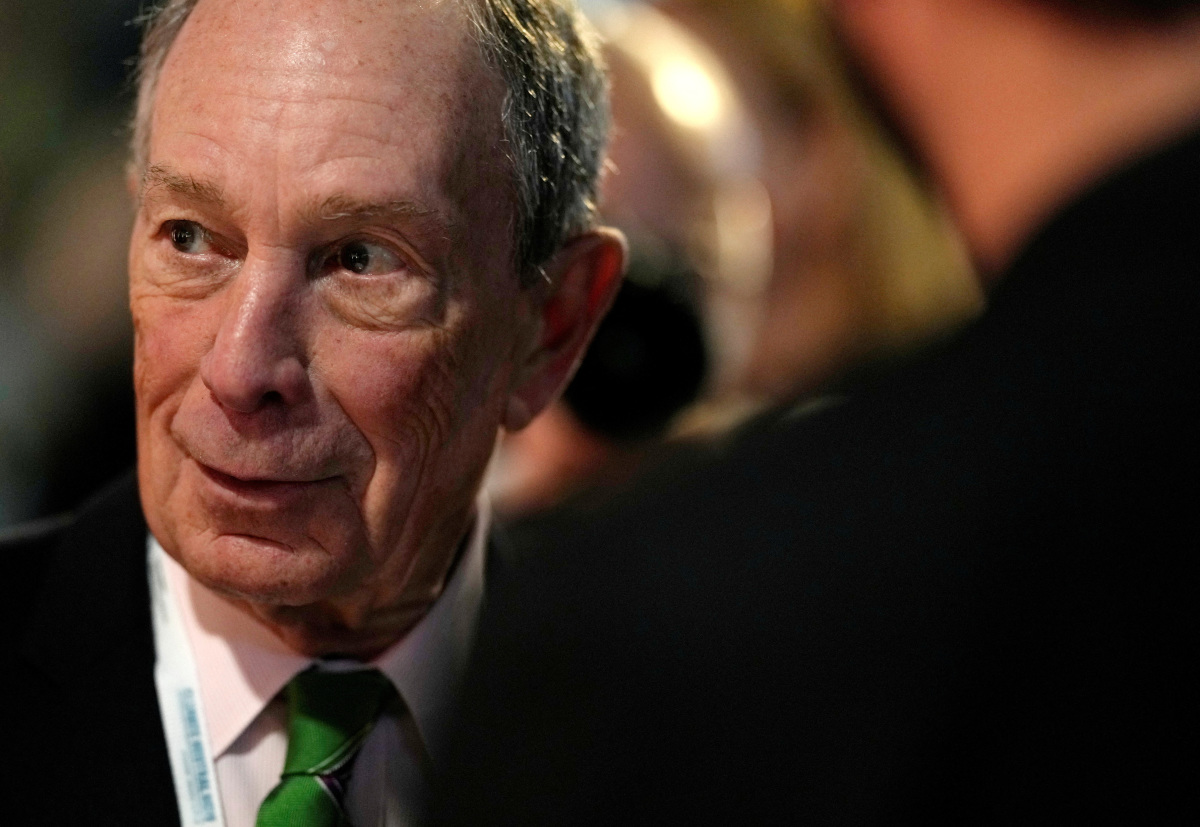[ad_1]
CEO pay has soared as they have laid off workers to cope with a challenging macroeconomic environment.
According to an Economic Policy Institute report, CEO pay has grown exponentially over time — up 1,460% since 1978, compared to a meager 18.1% pay increase for workers in that same period. In 2021, CEOs earned 399 times more than the average worker.
The controversy of CEO pay is old, but it gets a new spin at challenging times of high inflation and a slowing economy, making life hard for the typical worker.
On the one side, inflation is squeezing the family budget of a typical worker, making it hard to maintain a decent standard of living.
On the other side, a slowing economy raises the chances of layoffs, sending workers to the unemployment line.
Already, dozens of companies across almost every sector have announced layoffs, including the high-tech industries, which are usually immune to economic slowdowns.
As a result, CEO pay has drawn growing scrutiny and increased public frustration and anger. “There is an uprising against the standard of living CEOs’ experience and their workers,” Michael Toebe, founder of reputation consultancy company Reputation Quality, told International Business Times. “The stress is wearing hard on people.”
A 400-multiple ratio between CEO and typical worker pay is not a standard, and the actual ratio of CEO to average employee pay can vary significantly across companies and industries.
Still, do CEOs deserve big pay in these challenging times? Experts are divided.
Annie Morris, Editor in Chief at Made in CA, thinks so. CEOs are seen as the captains of the corporate ship, assuming a great deal of responsibility, much higher than an average employee.
“As the CEO, he or she has many duties as compared to other employees, such as planning for his or her company’s future and making sure that all employees can work effectively together,” she told IBT. “A CEO is also responsible for maintaining relationships with outside parties such as suppliers and distributors, as well as ensuring that the company’s finances are in order.”
Moreover, the job of the CEO requires a broad range of leadership skills, which are hard to acquire without formal training, which the typical worker lacks.
CEOs have to worry about the constant scrutiny by shareholders and social media that often extends beyond work to personal life—something the typical worker doesn’t need to worry about.
Toebe is skeptical about these claims. He thinks the large gap between CEO and pay creates a reputation problem for CEOs and the companies they run.
“These days, more than ever, will appear in the traditional media or through enterprising independent media or bloggers to point out its unethical, immoral nature,” he said. “This can lead to powerful judgment and voices, including in congress, speaking out.”
Toebe feels that pay multiples need to be more reasonable in the modern corporate world, under the media’s constant scrutiny.
“CEOs will always make many multiples of compensation over the average employee,” he added. “Employees expect it. Yet they may not tolerate numbers like ‘400-multiple.’ That is not sustainable, and one doesn’t have to be a world-renowned analyst or historian to forecast it.”
[ad_2]
Source link

